Artists like Paul Nash and John Singer Sargent brought back the “bitter truth” of the war through their art, showing the horrific impact the weaponry sold by arms companies wrought. Critical cultural works did not always receive official approval, especially while the war was ongoing; Major Barbara and The Devil’s Business, both plays about the arms trade, had very different receptions because of the different times in which they were written.
The First World War had an enormous impact on popular perceptions of the arms trade, as shown by Major-General Maurice’s writing in the aftermath of the war, read more in 'What a Waste'. Maurice did not represent a minority view, as shown by the 1935 Peace Ballot, in which 38 percent of the population voted. Over 90 percent of those polled wanted the private trade in arms to be banned.
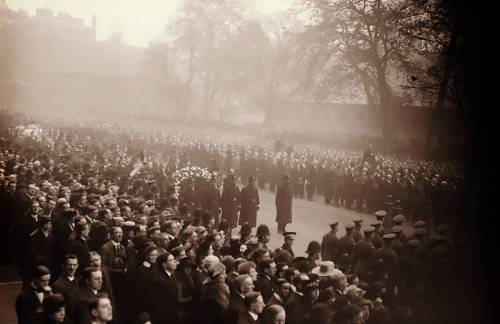
After the First World War whether or not to continue the costly trade in armaments was a burning issue. Economic hardship was widespread and the horrors of war were fresh. Many called for disarmament, even some who had been part of the political and military establishment during ...
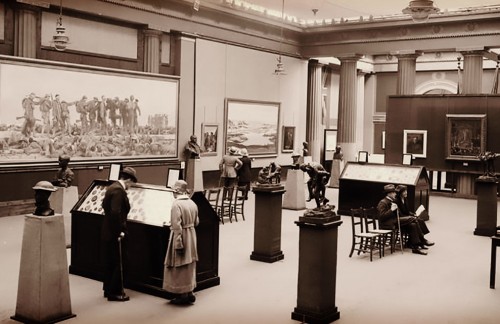
Famous portraitist, John Singer Sargent, turns his attention to portraying the horrors of war in its final months, producing a stark tribute of remembrance.
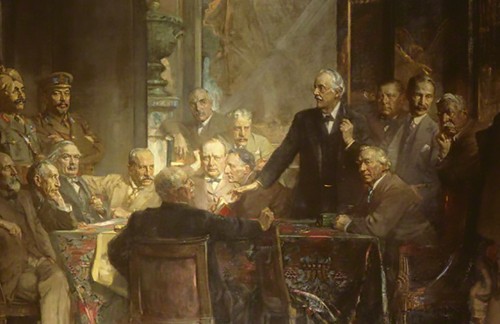
"What on earth is the true faith of an Armourer? To give arms to all men who offer an honest price for them, without respect of persons or principles, to aristocrat and republican, to nihilist and Tsar, to capitalist and socialist, to burglar and policeman, to … all nationaliti...
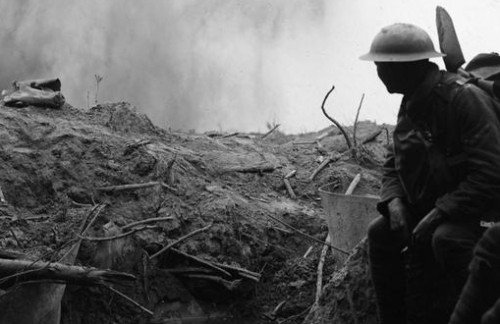
"I am no longer an artist interested and curious, I am a messenger who will bring back word from men who are fighting to those who want the war to go on forever. Feeble, inarticulate, will be my message, but it will have a bitter truth, and may it burn their lousy souls." Paul Na...
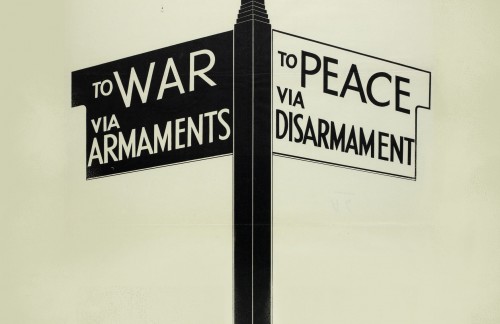
Over the winter of 1934 - 1935, half a million volunteers went from door-to-door asking the public what they thought about armaments. It was described as ‘a howling success’, producing a thumping majority in favour of disarmament.